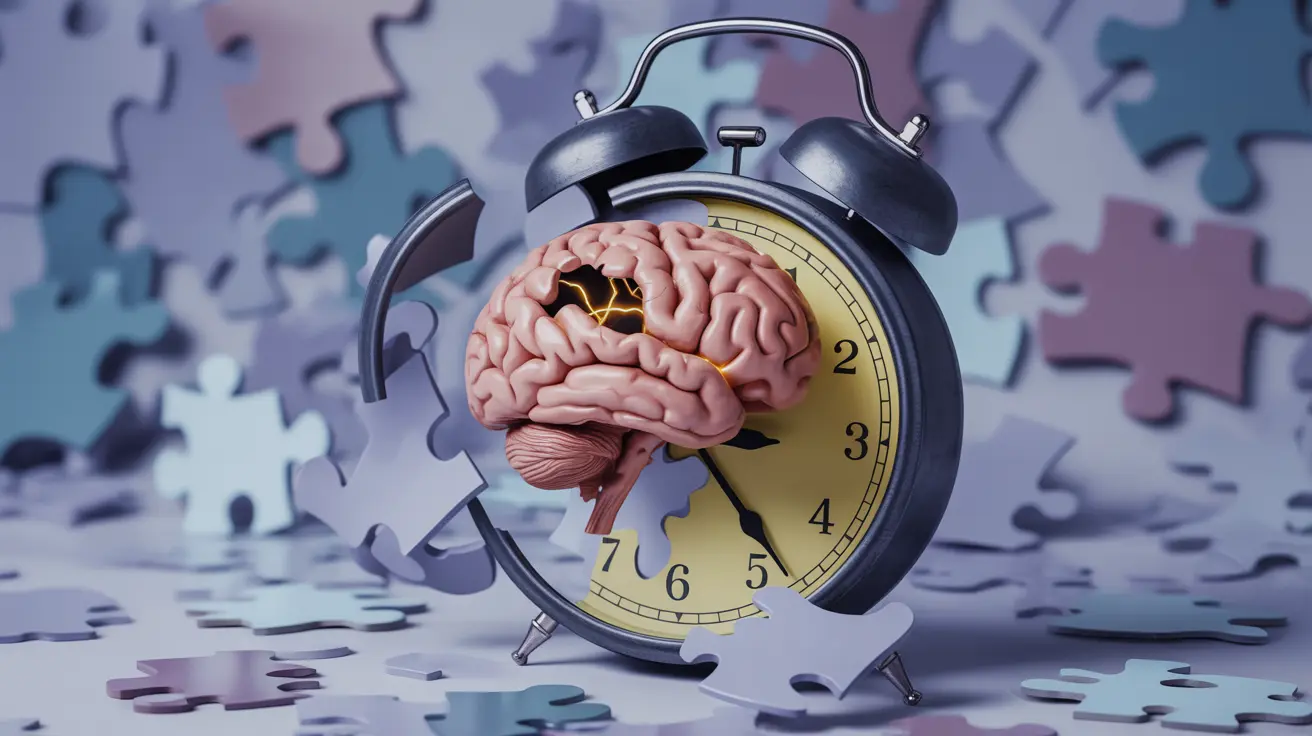Sleep deprivation is a serious health concern affecting millions of Americans, with consequences that extend far beyond simply feeling tired. When your body doesn't get enough quality sleep, it can trigger a cascade of physical and mental health effects that impact every aspect of your daily life.
Understanding the comprehensive effects of sleep deprivation is crucial for recognizing when you're at risk and taking steps to protect your health. From cognitive function to immune system performance, the impact of insufficient sleep can be both immediate and long-lasting.
The Impact on Brain Function and Mental Health
Sleep deprivation significantly affects your cognitive abilities and emotional well-being. When you're sleep-deprived, your brain struggles to perform basic functions, leading to:
- Decreased concentration and attention span
- Impaired decision-making abilities
- Slower reaction times
- Difficulty with memory formation and recall
- Reduced creativity and problem-solving skills
Beyond cognitive effects, sleep deprivation can seriously impact your emotional state. You may experience mood swings, increased irritability, and heightened anxiety. Research shows that chronic sleep loss can contribute to the development of depression and other mental health conditions.
Physical Health Consequences
The physical effects of sleep deprivation can be extensive and severe. Your body relies on adequate sleep for essential maintenance and repair processes.
Cardiovascular Impact
Chronic sleep deprivation can lead to increased blood pressure and heightened risk of heart disease. Your body needs sleep to maintain healthy blood pressure levels and proper heart function.
Metabolic Effects
Lack of sleep disrupts your body's ability to regulate hormones that control appetite and metabolism. This can result in:
- Weight gain
- Increased risk of type 2 diabetes
- Disrupted blood sugar regulation
- Higher levels of stress hormones
Immune System Vulnerability
Sleep plays a crucial role in maintaining a strong immune system. When you're sleep-deprived, your body produces fewer protective cytokines and infection-fighting antibodies, making you more susceptible to viruses and bacteria.
Prevention and Management Strategies
To combat sleep deprivation and its effects, consider implementing these evidence-based strategies:
- Maintain a consistent sleep schedule
- Create a relaxing bedtime routine
- Optimize your sleep environment
- Limit screen time before bed
- Manage stress through relaxation techniques
- Exercise regularly (but not too close to bedtime)
- Avoid caffeine and alcohol in the evening
Frequently Asked Questions
What are the common symptoms and signs of sleep deprivation?
Common signs include excessive daytime sleepiness, difficulty concentrating, memory problems, mood changes, and physical symptoms like headaches and muscle tension. You may also experience decreased coordination and weakened immune response.
How does sleep deprivation affect brain function and mood?
Sleep deprivation impairs cognitive functions including memory, attention, and decision-making. It can cause mood swings, irritability, and anxiety, while potentially increasing the risk of depression and other mental health issues.
What health risks are linked to chronic sleep deprivation?
Chronic sleep deprivation is associated with increased risks of cardiovascular disease, obesity, diabetes, weakened immune function, and mental health disorders. It can also accelerate aging and impact overall quality of life.
Can sleep deprivation weaken my immune system and increase infection risk?
Yes, sleep deprivation significantly weakens your immune system by reducing the production of infection-fighting antibodies and protective cytokines, making you more vulnerable to infections and illness.
What strategies can help prevent or reduce the effects of sleep deprivation?
Key strategies include maintaining a regular sleep schedule, creating a comfortable sleep environment, practicing good sleep hygiene, managing stress, exercising regularly, and avoiding substances that interfere with sleep like caffeine and alcohol.




